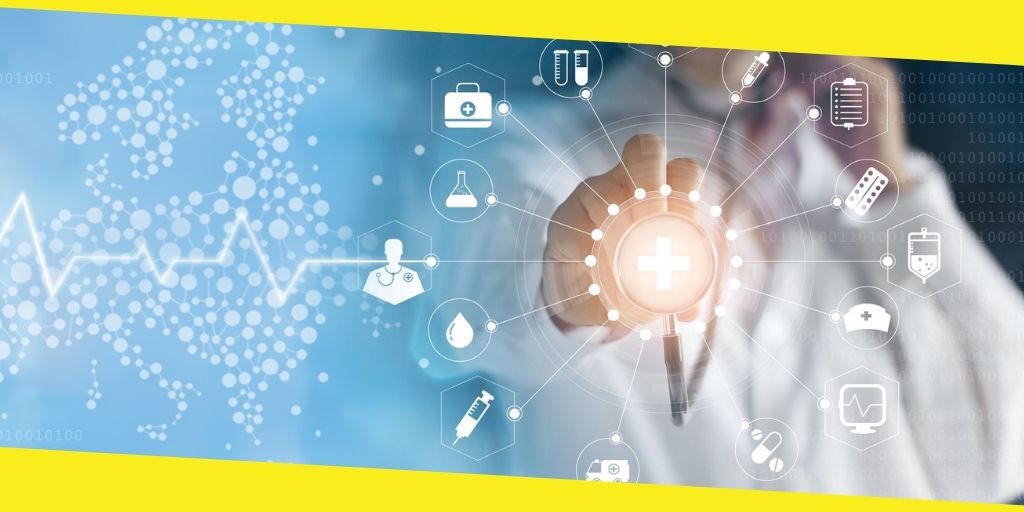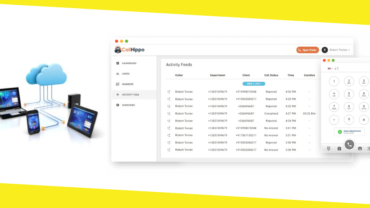The Role of Big Data in Healthcare

Big data helps organizations address operation issues and gain insight into business processes. It is used by many different industries and it plays a valuable role within healthcare. Big data can be used to make a huge difference in healthcare, from positively impacting patient care to helping providers save money. Here is a complete guide to the role of big data and the impact it has had on the healthcare industry.
Contents
ToggleWhat is Big Data?
Big data can be measured with the three Vs—variety, velocity and volume. In other words, big data refers to data which is incredibly varied and arrives with great velocity and in large volumes. It cannot be processed using traditional, data processing methods. Big data was conceptualized at the beginning of this millennium and is now used by many companies across a wide range of industries for business operations, for instance processes for health insurance overpayment recovery are used by specialist companies to recover money for healthcare providers.
The Significance of Big Data in Healthcare
The healthcare industry has come a long way in terms of data storage. Originally stored using hard copy files, data is now collected using various digital technologies. This modernized way of storing data offers healthcare providers great potential. Healthcare organizations store, generate and analyze big data to streamline business processes and improve their services. In addition, the application of big data can result in life-saving outcomes.
Big Data and Digital Health
According to the FDA, mobile health, health IT, wearable devices, telehealth, telemedicine and personalized medicine are all categories of digital health. Digital health tools offer individuals a quick way to access healthcare and can help diagnose and treat disease. Just like with general healthcare, big data is used to optimize business processes and improve patient care.
Using data science techniques, data is collected and analyzed. This includes data relating to social media, transactions, biometric data, Pharmaceutical R&D, human generated data, and machine to machine data (such as information from sensors).
Overpayment Recovery Processes
Healthcare providers can employ specialist companies to perform overpayment recovery processes to restore money. There are many reasons why overpayments happen, which can include incorrect billing, improper CPT of HCPCS coding or it can even be down to bad policies. The amount overpaid can vary from a few bucks to a few thousand dollars.
In the United States, processing and returning overpayments is a federal mandate. Failing to comply can lead to legal consequences. Luckily, companies such as the Financial Recovery Group (FRG) use data mining processes to identify errors. Once errors are discovered, providers can use the information to prevent the same mistakes from happening again in the future.
Medical Claims Auditing
There are many types of medical claims audits. In general, they are used to help an organization remain compliant, save money on costs in specific areas, identify areas within internal processes for improvement and manage money properly. As with overpayment recovery, healthcare auditing companies use specialist software and data mining processes to distinguish medical claims. Healthcare providers can recover millions of dollars using big data.
Electronic Health Records
Big data is used worldwide to create Electronic Health Records (EHRs). According to HITECH (Health Information Technology for Economic and Clinical Health), over 95 percent of U.S hospitals have adopted EHRs. It is a practical use of data with records including a patient’s demographic, medical history and medical information (such as allergies). EHRs offer warnings and reminders about the patient, for example if an individual needs to go for a particular health test.
In addition, doctors can share EHRs using secure systems and they can modify the records directly. This eliminates the risk of duplicate records and can help medical professionals save time and get the most up to date medical record.
Public Health Surveillance
When it comes to public health, big data can enhance surveillance. It is used to monitor aspects of public health such as behaviors, environmental triggers, and health and disease trends. Big data can be analyzed to offer insight on how to manage the health of a population. Furthermore, big data can help control the spread of diseases, it can be used to allocate resources and it can also be used for health-related research.
Enhance Security and Reduce Fraud
According to the Healthcare Financial News, over 93 percent of healthcare organizations have been affected by a data breach. A breach in data can result in fraud due to personal data falling into the wrong hands. Using big data analytics, organizations can monitor network traffic and pinpoint notable changes to protect themselves from cyber attacks. In addition, big data analytics can help reduce fraudulent claims and streamline insurance claim processes.
Although some may argue that big data comes with security issues of its own, the positives outweigh the negatives. Enhanced security measures (such as firewalls and encryption technology) reduce the risk of any problems relating to big data.
Recommended For You
Business Phone System: 5 Must-Have Features
Most Inside
Most Inside offers high-quality recommendations and valuable updates to enhance all aspects of your life, providing premium guidance and enriching experiences.




